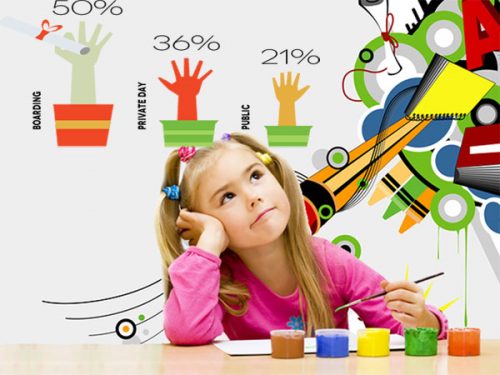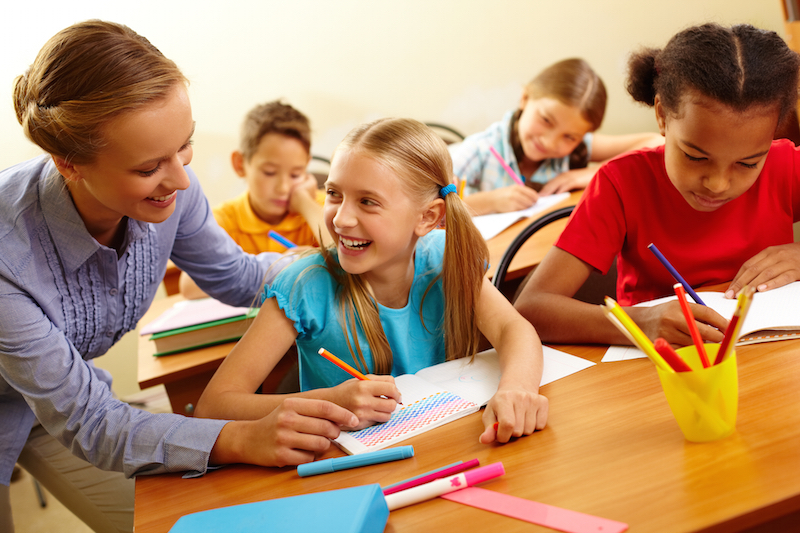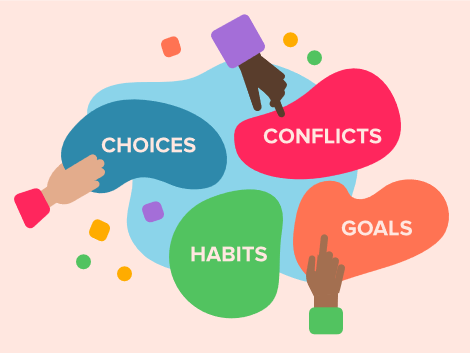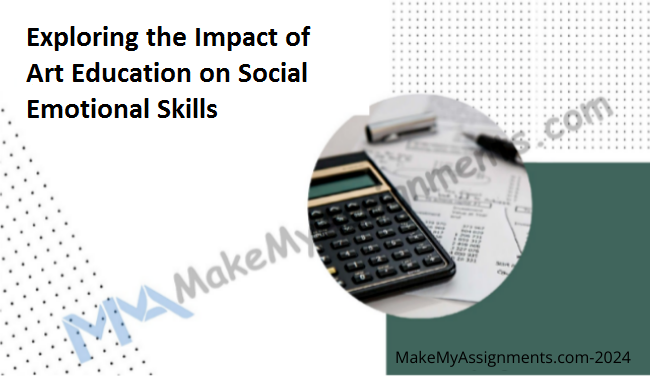
How schools can support the overall Child Development?
Academic learning and memorizing is what all schools prefer today. Its like practical learning and related tasks have been completely diminished from the curriculum of studies. Either we’ve forgotten the art and importance of learning or its the change in centuries that has led to such disarrangement in learning. So, what can be done, where schools take this initiative of improving the overall development of child and increase their cognitive learning? Well, beyond just teaching academic things at school, the focus should be more on the aspects of child development including, emotional and communication learning, development of relationships and identity and overall well-being. At present, our education system only focuses on providing content knowledge to students, which works on the practice of repeating things and memorizing concepts. There’s nothing more added to this practice of learning that enhances knowledge and creates interest among students for academics. As the long set tradition of education says, lessons in science, math, and reading – still dominate the curriculum of students, which often marks the students based on their academic performance and nothing else.
We understand that these subjects are the core essentials of academics, and no one can simply deny from transmitting it. But apart from just the book knowledge, schools should also focus on other subjects and concepts that lead to their overall cognitive development. Well, if we still stick to such traditional norms of teaching, we’d be more inclined towards a narrower approach, which would not help students grow and learn in their relationships, emotional understanding, identity and overall well-being. And at the end, we’d fail to fulfill the ultimate goal of learning and education.
According to some reports and studies, it has been found that developmental and learning sciences, along with content education, can lead to desirable results in students and is also necessary to ensure their learning process. So, in order to ensure the overall development of a student, it is important for the schools to focus on such measures that can lead to this process. And for doing that, we’ve provided a few techniques and measures in this blog that will help schools support the whole child development process.
Foster a supportive and positive school environment for students
Creating a positive school environment for the children is something that the schools should focus on primarily. Strong relationships build-up at school for kids would help them support their process of learning and gaining knowledge. So, if you really want your students to thrive at learning, you need to establish a sense of safety and belonging for them at the campus. And for doing that, you can look out for following measures that allow teachers to know their students well and promote a sense of community at the classroom-
- Regular parent-teacher meetings and home visits to strengthen the connections between school and home.
- Smaller schools and class sizes.
- Teachers should hold advisory classes for students that allows them to check in with students and their overall performance.
- Inviting every student to engage in the classroom so that communication for all is valued.
If you want the students to engage better in the classroom, you can assign them with tasks in groups that require collaboration and communication. This will surely increase their level of engagement in the classroom. Teachers should make their students abide that they’re capable of doing potential things in the class, which offers a supportive hand to students in need. They need to make sure that none of their students is being affected by discouraging messages that were told to them in the past. Overall, a positive school environment fosters a deeper understanding of relationships among students and adults that promotes a sense of safety and belonging.
Promote meaningful and engaging instructional practices
Often students crave opportunities to learn new things at schools that are relevant to their living. And most of us forget to provide them with what they call a ‘real-world learning.’ On the other hand, instruction acts as a tool that helps the student grow with their learning and understanding at academics. And for doing that teachers can connect their fundamental subjects to some practical learning and common tasks that foster better understanding among students.
Beyond just making the grades in academics, teachers should also offer opportunities like feedback and assessments to students so that they can easily revise their work and learn how to encourage their intrinsic desire to understand materials and things in life. This approach focuses more on meaningful understanding and learning. These approaches are not at all boring for students; rather, instructional strategies help students connect learning with their lives, which somehow empowers them to use their knowledge for their own benefits and others.
Build social, emotional and academic competence among students
Teachers should help students develop social-emotional skills in them that help them manage their stress and anxiety levels at school. It also helps them develop social skills like empathy and collaboration as well. So, with the help of social-emotional skills, students can develop greater awareness of oneself and others, which will somehow lead to a better understanding of things.
These kinds of supportive approaches foster a whole child development at school by teachers and staff members and also maximizes the opportunity for all children to succeed in life. So, instead of just focusing on the academic criteria, schools should also focus on promoting an integrated approach that helps students deal with their everyday complexities and difficulties in life.







